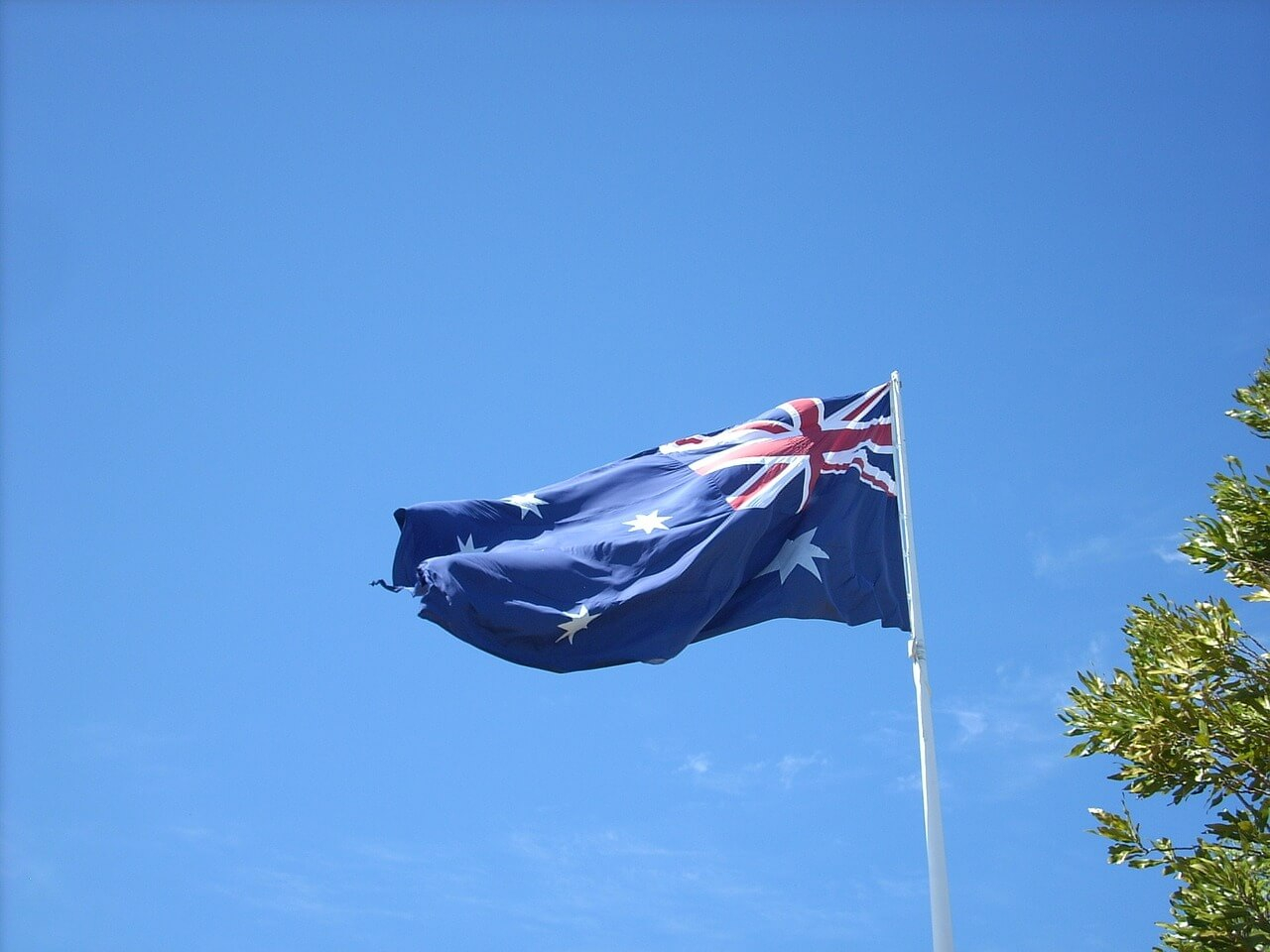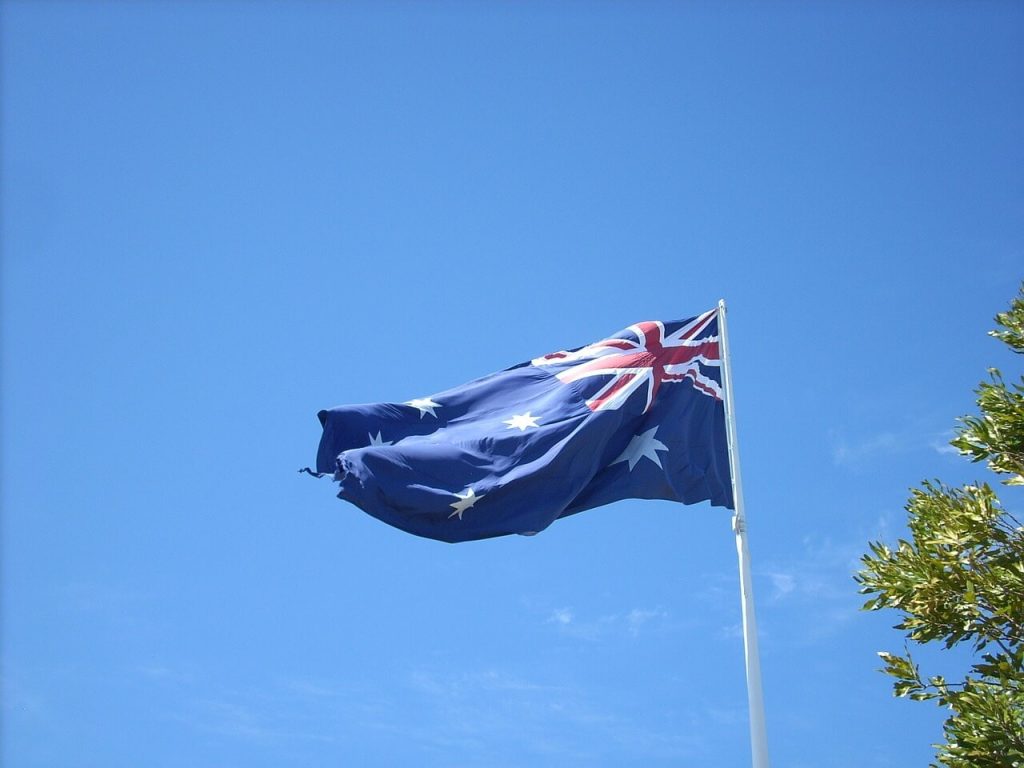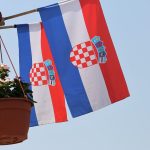
March 26, 2018 – TCN will be starting our new series, Asylum – Voices from Croatia, the Diaspora and Beyond, after Easter, but we are delighted to introduce Dobri Duh Down Undera, with his view from Australia – the first in a trilogy looking at Croatia from Down Under through the eyes of three generations.
This article is the first in a three-part series about my journey learning about my Croatian culture through migrants in Australia to actually learning from Croatia itself and, finally, what all of this meant for me teaching my children about their heritage.
Part 1 – Learning about Croatia from Australia
“Croatia is the best!”
When my parents left Croatia they thought they would never come back. When they arrived in Australia they felt they had made a terrible mistake. Tata talked repeatedly about the day he walked into a factory dressed in a suit and everyone laughed at him. He thought he would be the manager but this country had managers and it needed workers instead. He was 22 years old, humiliated, but he had travelled too far and he was too embarrassed to go back home. His story is a part of Australia’s history and is shared with other migrants. This story echoes the story of Australia’s original convicts who were exiled.
In the 60s Croatian communities were forming. Migrants were instrumental in building the rich, modern and sophisticated Australia we have today. My parents renounced their Yugoslav citizenship and officially became Australian. This meant a new life was being planted here but it meant they feared going back home. Tata idealised Croatia and it was the best at everything! It was the most beautiful, the sea was the bluest in the world and Mum would add that the food is the most natural. On the other hand, Australia was famous for the fair go. You work damn hard and you got what is yours. We benefited from Australia’s economic success.
Before the war started, I remembered a lot of singing at their Croatian friends’ houses. It was generally cheerful. The mood suddenly in the early 90s and we were taught Croatian history and culture through the prism of war and anti-communism. The Croatian community was made up of blue collar workers. Many of these migrants spoke broken English and, such as in my case, relied on their children to read their letters and bills. Both Australia and this generation of migrants made little effort to understand each other as they were too busy working. The consequence was that for the kids of the first generations we were culturally different from the mainstream but too distant from Croatia to understand what Croatian culture truly is.
I was eleven years old and every night from 1991-1995 I (like most other Croatian kids) watched the news instead of watching sitcoms. We as a family watched the fall of Vukovar, the destruction of Dubrovnik, the siege of Sarajevo, Ahmici, Srebrenica, Oluja and the Serb exodus. In the pre-internet days, the only source of communication with the homeland was through the TV and radio. Typical for the working class, Croatian parents weren’t filtering what they were saying in front of their children
The unquestioned narrative was Croatia would be the best country in the world if it wasn’t for the arch nemesis Serbia whose evil desire was to destroy us but God being on our side we will win! Although the threat of Greater Serbia was real there was an appalling distortion of Croatia’s part during the Second World War. I must mention that my parents never glorified these events.
Often, the more extreme in the community were chanting hateful slogans and getting into fights. Youths wearing checkers and their Serbian equivalents would hit each other with their flags at Soccer games and at Tennis. Conveniently for them, in the sprawling city of Sydney which is over 70 km wide and with almost 5 million people they could literally walk to each other’s clubs which would be the local stage of their conflict. For us who weren’t involved, we would recognise our “brothers” on the daily news. Our heads would hang in shame as we waited to be told to take our troubles back home where we belonged by Anglo Australia.
The war eventually ended. Communism fell, Croatia was independent and it was time to lead normal lives. Some in the community didn’t know how to imagine a Croatia without a Serbia or without communism and they still live in an imaginary war cursing anyone with any liberal tendencies by calling them traitors. Others, like my parents, remembered the old Dalmatian melodies about love, the sea and the sun. My parents purchased a house in Croatia and they went back every year. This encouraged me to travel to the homeland regularly and start learning about Croatia from Croatia – the next part of my journey.










